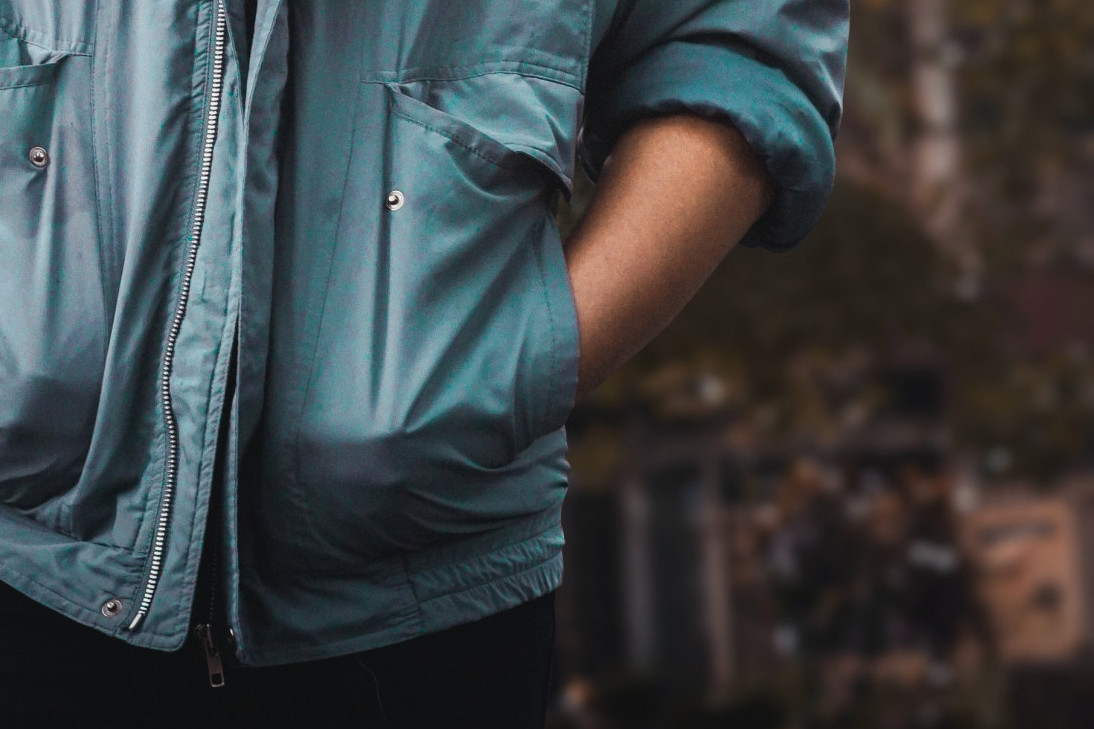The Years I Lost to Weight Stigma and Obesity
I’m a big guy. I’ve always been a bit bigger than everyone else. A lot bigger at times, but ‘big’ has definitely been a reoccuring theme of my life.
My parents took me to the doctors once after a teacher had a ‘quiet word’. It was decades ago but I still remember the appointment and standing on those scales. My weight was never something I worried about but I this was a pivotal moment for me.
My mum and the doc chatted in the room a while as if I wasn’t there. Mum had this subtle tone of shame to her voice discussing the kinds of meals we ate and how she occasionally allowed me the extra portion or snack here and there. I can’t remember what happened when I got home if I’m honest, but I know our portion sizes changed. Pretty sure mum bought smaller plates in the end, and snacks were a thing of the past (except for the fully-stocked fruit bowl in the kitchen which went rotten and got replaced each week.)
I accepted these things because mum had spoken to the doctor, so this must be the right thing to do. Over time I became more and more conscious around food as I began to absorb the shame my mum experienced for not protecting her son from this fearful beast called obesity.
As I approached adulthood, I became more conscious of my body too. I realised it was easier for people to assume that because of my weight I was a particular kind of person. Lazy because how could I want to live in this body. Lacking in discipline because I clearly can’t control myself around food or stick to an exercise plan. Undesirable because people who look like me don’t get to be loved because my ‘look’ is not conventionally attractive.
The connotations around living in this body felt endless… Dumb, smelly, useless, unfit and totally irresponsible to let myself live like this.
And whilst people don’t necessarily say things to your face, we still see it and hear it. Social media tells the story of the hot guy, shamed when they get a bit of meat around the middle. Abs are like currency on these platforms and the rest of us stick to sharing pictures of our cats (or, like me, just not posting at all.)
Film and TV are not innocent either. The leading lad is never the chubby guy, instead they paint the picture of us as a clumsy, sweaty sidekick which the popular kids either feel sorry for, bully or pity in one way or another.
That first time wasn’t the only time I visited my GP about my weight. I went again when I was a teenager. Puberty hit me hard, the weight gain was real and no longer was I just big, I was broad too. It worried my mum, still, so I said I’d go for a check-up but this time on my own.
I explained to the doctor that my mum was worried about my weight and asked whether we needed to be concerned. The answer was yes. I left there with total fear, and leaflets telling me I needed to exercise for 60 minutes a day, drastically cut my calories and eat my five-a-day… Or else!
I didn’t tell my mum. I didn’t want to worry her so instead I made it my own mission to do ‘better’. I started skipping meals, exercising twice a day and aggressively tracking any calories I did manage to eat.
This lasted for a while, I lost weight and felt the reward when friends and family praised how ‘handsome’ I was looking now as I shed the pounds. But when I started to ‘relax’ the regime, the pounds piled on and the shame came right back.
How could I do this to myself? I’d worked so hard. Where is my self-control?! Everyone is right I’m fat, disgusting and useless.
I’d go again. Restrict. Feel loved. Relax… Hate myself.
I’d been on this crazy diet rollercoaster for years until one day it all came crashing down. I was taken to A&E and after some tests I was told that I had a problem.
I want to be clear that no one said eating disorder and I don’t think I’ve never been *officially* diagnosed with an eating disorder. It was suggested and implied at times, but I guess I didn’t match the perception of eating disorder.
–
The NHS couldn’t do anything for me. I didn’t look like their typical patient and they didn’t really understand what role they could play. Was I anorexic? Was I binge eating? Was it both? I couldn’t really put into words what I was going through, and so they metaphorically shrugged and went quiet.
Fortunately for my future self, I wasn’t prepared to carry on like this. I googled my symptoms and this diet cycle I found myself in and eventually I found forums and information that reassured me that I wasn’t alone. I learnt that these restrictions and rules I gave myself was the way I coped and managed my shame. I was recommended a few organisations, including First Steps ED support groups and some private therapy.
Seeking help, and especially going to therapy when you’re a guy is tough. I don’t really talk about it with people and there is this little bit of embarrassment there. But the impact it has had on my life is real, truly undeniable.
Therapy taught me that food wasn’t the issue and neither was I. Buried underneath all that surface stuff was a complex web of negativity and inner shame that I have been holding onto for most of my life. As a child I had absorbed the negative thinking of others, my parents and even healthcare professionals, to believe that I needed to look a certain way. I learnt that it wasn’t my fault and I could begin to forgive myself.
I identified an ‘inner voice’, and listened to what I would say to myself. My internal dialogue was this negative nuisance which told me I was weak and unable. I was able to nurture that voice and be a little kinder to myself. Funnily enough, this has since helped me with my weight, unintentionally, because I’m not in this punishing cycle anymore.
I listen to my body and what it needs – without the binges. I listen to my hunger cues and accept cravings… I don’t live my life by the next best diet.
When I look in the mirror today, I smile. I no longer see the failures, or starvation, the binges. I see someone who is happy and content. I am still struggling with obesity and I accept that I still need to work on myself to protect myself from any physical complications in the future but I feel as though I’m in a place now to find a way to do this safely and sustainably.
If it feels like you’re struggling with your weight, I encourage you to explore that feeling. And if you don’t know how, therapy can help. You don’t need to be diagnosed with a mental illness to have therapy, it’s open to us all! And if the price puts you off – think of all the money you have or might spend on those unrealistic and shame-centred diets that make millions from our community every year.

Contributed by Anonymous
If you’d like to write for us, but wish to publish anonymously please let the team know. Visit our ‘Write for Us‘ page to learn more.


